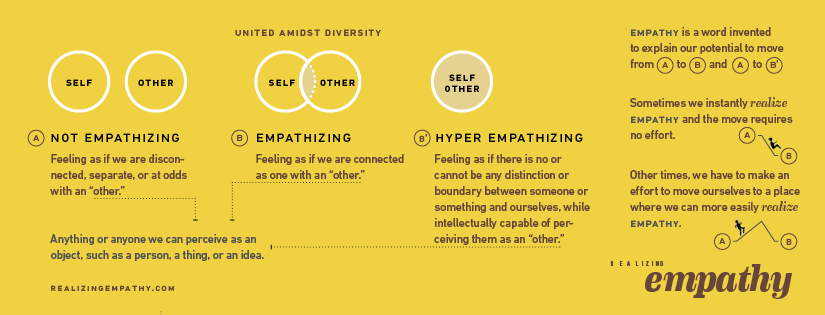There is no such thing
as “over-”
thinking.
There is merely
“thinking”
that either we
or others
judge
as “too much.”
Instead of judging ourselves or others,
may we realize empathy
with our own thought process
so we can learn
why
our mind is behaving the way it is,
then support them
to address its concerns
to relieve it
of its tension.
